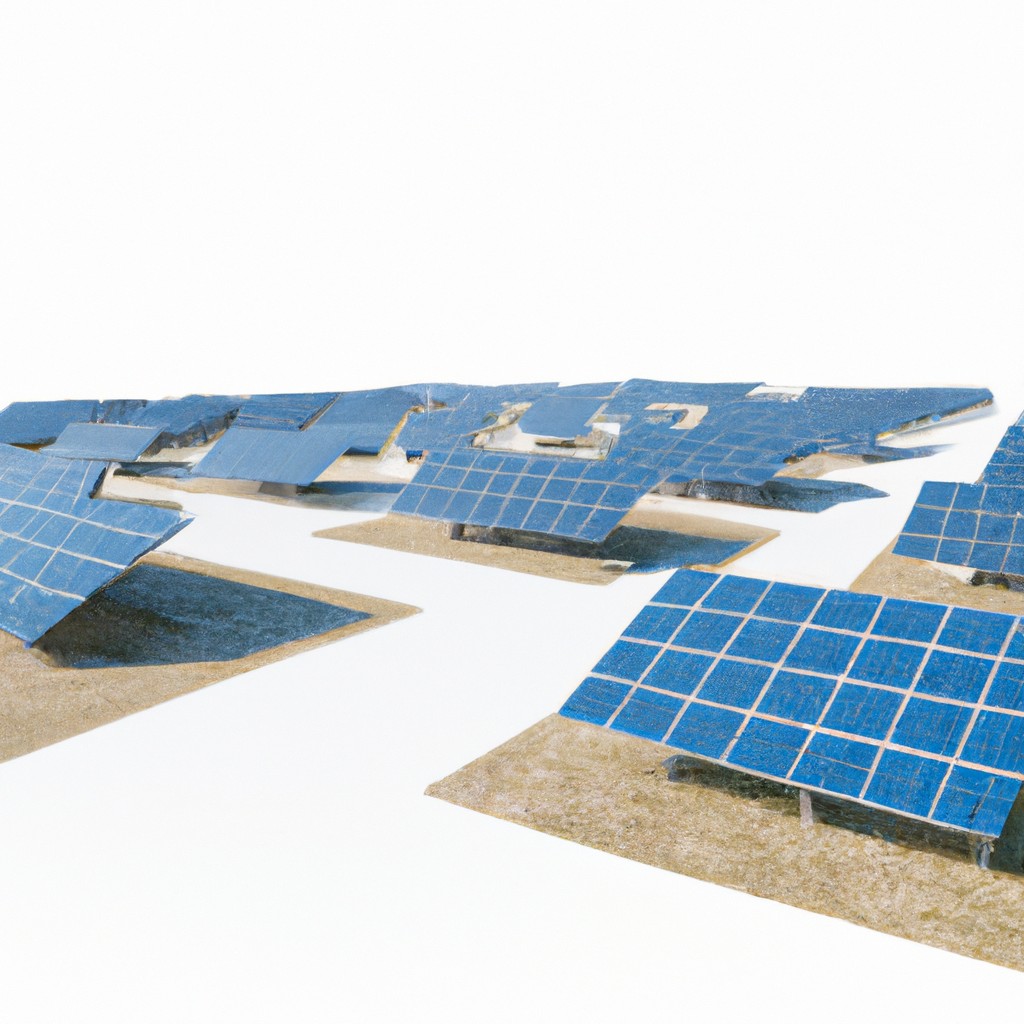Installing solar panels can significantly increase a home’s value, and this article details how Zillow evaluates that impact on property prices.
Key takeaways:
- Installing solar panels increases home value by 4.1% on average.
- Factors affecting value increase include electricity costs, installation prices, and local solar popularity.
- Larger and newer solar panel systems are seen as more valuable.
- Each watt of solar power adds about to home value.
- Owned solar systems add value, leased systems may not directly increase value.
Zillow’s Findings On Solar Panel Value Enhancement

Research by Zillow indicates that homes with solar panels sell for approximately 4.1% more on average than comparable homes without solar power. This premium reflects the growing interest in renewable energy, as well as the potential for reduced utility bills. In tangible terms, for the median-valued home in the United States, a 4.1% increase translates into an additional $9,274.
The enhancement in home value varies by market, largely due to regional differences in electricity costs, solar installation prices, and the local popularity of solar. Homebuyers in areas with high electricity rates and supportive solar policies may value solar installations more highly.
The exact increase on home value also depends on factors such as the size of the solar panel system and the age of the solar panels at the time of sale. Newer and larger systems are typically seen as more valuable. It’s essential for homeowners and buyers to have solar panels properly assessed to understand their impact on property values.
The Lawrence Berkeley National Lab Study On Home Value Increase
The Lawrence Berkeley National Lab (LBL) conducted extensive research assessing the impact of solar installations on home sales. Its findings underscore that, on average, solar panels boost a home’s value. The study delved into nearly 22,000 home sales, with and without solar systems, from 2002 to 2013 across eight states.
Key takeaways from the LBL study include:
- A notable premium for homes with solar panels: Homes equipped with solar power systems sold for a premium compared to homes without them. The average increase in value was around $15,000.
- A consistent value per watt: The study found that each watt of solar power adds about $3 to a home’s total value.
- Market appreciation of solar assets: The LBL study suggests that the market is generally appreciative of the intrinsic value provided by solar systems, such as potential energy cost savings.
- Importance of system size: The premium associated with solar systems was found to scale with the size of the installation, meaning larger systems generally correlated with a higher increase in home value.
This research provides concrete data indicating that investing in solar energy can translate into increased property value, offering an added financial incentive for homeowners considering a solar upgrade.
Owned Versus Leased Solar Systems and Their Impact On Home Value
When considering the financial implications of solar systems on property value, it’s crucial to distinguish between owned and leased units. Owned solar panels are typically factored into a home’s overall value. This is because the homeowner has invested in the solar infrastructure, leading to potential increases in property value.
Conversely, leased solar panels can present a different picture. Since leased panels are not a permanent fixture owned by the homeowner, they may not directly increase the home’s sale price. The presence of a lease agreement requires the new homeowner to assume the lease contract, which some buyers might view as an encumbrance rather than a benefit.
It’s important to note that while leased systems may not add to the home’s appraised value, they can still make properties more attractive to buyers interested in sustainability and lower energy costs. This increased appeal could indirectly influence the market value and saleability of the home.
Regional Variations in Home Solar Value Increase
The impact of solar panels on home value can significantly differ based on geographic location. Market factors such as electricity rates, solar exposure, and local solar incentives play crucial roles. In areas with high electricity costs, homeowners can save more money with solar energy, thus increasing the appeal and value of solar-equipped homes.
Local solar incentives such as tax credits, rebates, and Renewable Energy Credits (RECs) can also enhance the value of solar properties. States like California and New York, with strong incentive programs, generally see a higher increase in home values from solar installations.
Conversely, in regions with lower electricity prices and fewer incentives, the value addition from solar panels might be less. However, even in these areas, the growing environmental awareness and desire for energy independence make solar installations an attractive feature for potential homebuyers.
The solar exposure of a location determines the efficiency of solar panels. Homes in sunnier climates, such as in the Southwest, can harness more solar energy, thus offering greater savings and potentially a larger increase in property value.
It is essential for homeowners to understand these regional variations when assessing the potential value solar panels could add to their property and when setting a price for a home equipped with a solar system.
Buyer Demand for Homes With Solar Panels
Buyer demand for homes with solar panels has been rising, influenced by several factors. Environmentally conscious consumers prioritize sustainable living, viewing solar-equipped homes as more attractive. The potential for long-term energy cost savings is particularly appealing, driving interest among a broad cross-section of homebuyers. Additionally, the growing trend toward renewable energy sources means that homes with solar installations often sell faster than those without. It’s also worth noting that younger generations, such as millennials, who are entering the housing market in increasing numbers, show a strong preference for green features, which adds to the competitive edge for solar-powered homes.




